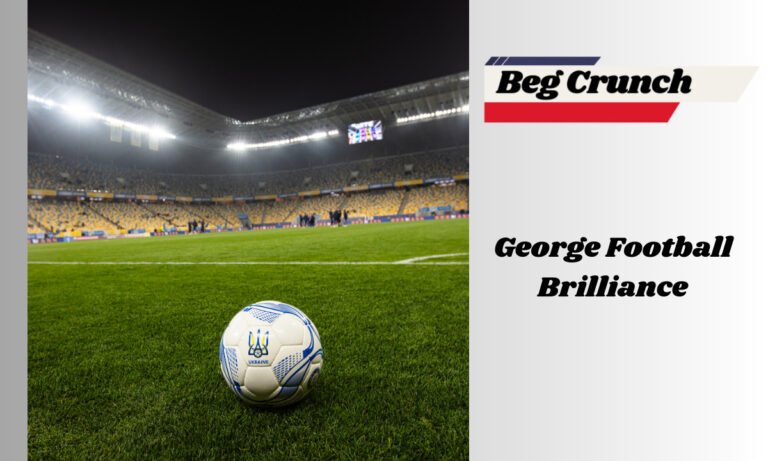Germany’s World Cup Triumphs: A History of Victory
The FIFA World Cup is the most prestigious international football tournament, bringing together nations from around the globe to compete for the coveted trophy. Germany, known for its rich football tradition, has had a remarkable history in the tournament. This article delves into the triumphs of the German national football team in the FIFA World Cup, exploring their victories, memorable moments, and contributions to the sport’s legacy.
Formative Steps on the World Cup Stage: Germany’s Evolution
Germany’s indelible journey in the grand tapestry of the FIFA World Cup commenced amidst the inaugural tournament held in 1930, a historic event hosted by Uruguay. However, it wasn’t until the tournament’s third edition that Germany embarked on its maiden voyage, unveiling the beginning of a storied odyssey that would intertwine sporting prowess and geopolitical complexities.
The year 1934 marked Germany’s inaugural appearance, a debut that showcased their footballing potential by securing a place in the semifinals, ultimately culminating in a commendable third-place finish. Yet, even in these formative years, the team’s journey was shadowed by intricate geopolitical nuances and the impending disruptions that would be wrought by World War II.
Emergence Amidst Turbulence: Germany’s Pathway to 1954
A Chronicle of Absences: World War II’s Toll
The World War II era cast a shadow of uncertainty over Germany’s World Cup aspirations. The national team’s presence was conspicuously absent from the 1938 tournament, held in France, as geopolitical tensions deepened across the continent. The echoes of conflict reverberated through the global sporting landscape, momentarily silencing the crescendo of footballing rivalries.
1954: The Resonance of Triumph
The illustrious annals of German football echo with a resounding chapter that reverberates across time – the 1954 World Cup hosted in Switzerland. This tournament is etched into the very soul of German football, with its legacy encapsulated in the hallowed moniker of the “Miracle of Bern.” The tournament unveiled an extraordinary narrative, one that saw the German team surmounting odds and triumphing in a manner that transcended the confines of the pitch.
The Miracle Unveiled: An Unanticipated Triumph
The 1954 World Cup stands as a landmark in Germany’s footballing history, etching an indelible saga of underdog resilience and determination. The German team defied expectations, rising against the backdrop of adversity to secure their maiden World Cup title. The term “Miracle of Bern” encapsulates the sentiments that reverberated across the nation and beyond, as the team’s victory transcended the realm of sports and became a symbol of hope and resurgence in the aftermath of the tumultuous post-war period.
Key Moments:
- The final match saw Germany facing off against the heavily favored Hungarian team, known as the “Mighty Magyars.”
- Germany made a stunning comeback after being 2-0 down, winning the match 3-2 and capturing their maiden World Cup championship.
- This victory became a symbol of hope and resilience for a nation still recovering from the aftermath of World War II.
1974: Hosting Success
Germany’s second World Cup victory came in 1974 when they hosted the tournament. The tournament marked the introduction of Total Football by the Netherlands and showcased some of the best footballing talents of the era.
Key Moments:
- The final was contested between Germany and the Netherlands.
- West Germany emerged victorious, winning 2-1 and securing their second World Cup title.
- This victory solidified Germany’s reputation as a footballing powerhouse and provided another moment of national pride.
1990: Unification and Triumph
The 1990 World Cup held in Italy marked a significant moment in German history, coinciding with the reunification of East and West Germany. The national team’s success in the tournament further contributed to the spirit of unity.
Key Moments:
- Germany reached the final and faced Argentina.
- A closely contested match ended with Germany winning 1-0, securing their third World Cup championship.
- This victory was particularly symbolic as it coincided with the unification of East and West Germany, providing a sense of national pride and celebration.
2014: Modern Glory
In the 21st century, Germany continued to shine on the global stage. The 2014 World Cup held in Brazil witnessed Germany’s fourth victory, showcasing their strength in the modern era.
Key Moments:
- The final featured Germany against Argentina.
- The match remained goalless until extra time when Mario Götze’s dramatic goal secured Germany’s victory, with a final score of 1-0.
- This victory marked Germany’s first World Cup title as a unified nation since the reunification in 1990.
(FAQs)
How many times has Germany won the FIFA World Cup? The FIFA World Cup has been won four times by Germany. In 1954, 1974, 1990, and 2014, they were successful.
- Has Germany ever hosted the World Cup?
Yes, Germany has hosted the World Cup twice. They hosted the tournament in 1974 and later co-hosted it with other European countries in 2006.
- Who is the most successful German football player in World Cup history?
The record for the most goals ever scored by a German player at a World Cup belongs to Miroslav Klose. He scored a total of 16 goals throughout four World Cup tournaments.
- How does Germany’s World Cup success compare to other countries?
Germany’s four World Cup victories place them among the most successful nations in World Cup history. They share the spot with Italy and are surpassed only by Brazil, who has won the tournament a record five times.
- What impact does Germany’s World Cup success have on the country?
Germany’s World Cup successes have had a profound impact on the country’s culture, pride, and sense of unity. These victories have brought people together and provided moments of celebration and national identity.
Conclusion
Germany’s journey in the FIFA World Cup is a story of triumph, resilience, and national pride. From the “Miracle of Bern” in 1954 to the modern successes in the 21st century, the German national football team has consistently showcased its prowess on the global stage. These victories have not only brought glory to the country but have also played a significant role in shaping the nation’s identity and fostering a deep love for the beautiful game. As Germany continues to participate in future World Cup tournaments, its rich history and legacy in the competition will undoubtedly be a source of inspiration for generations to come.







